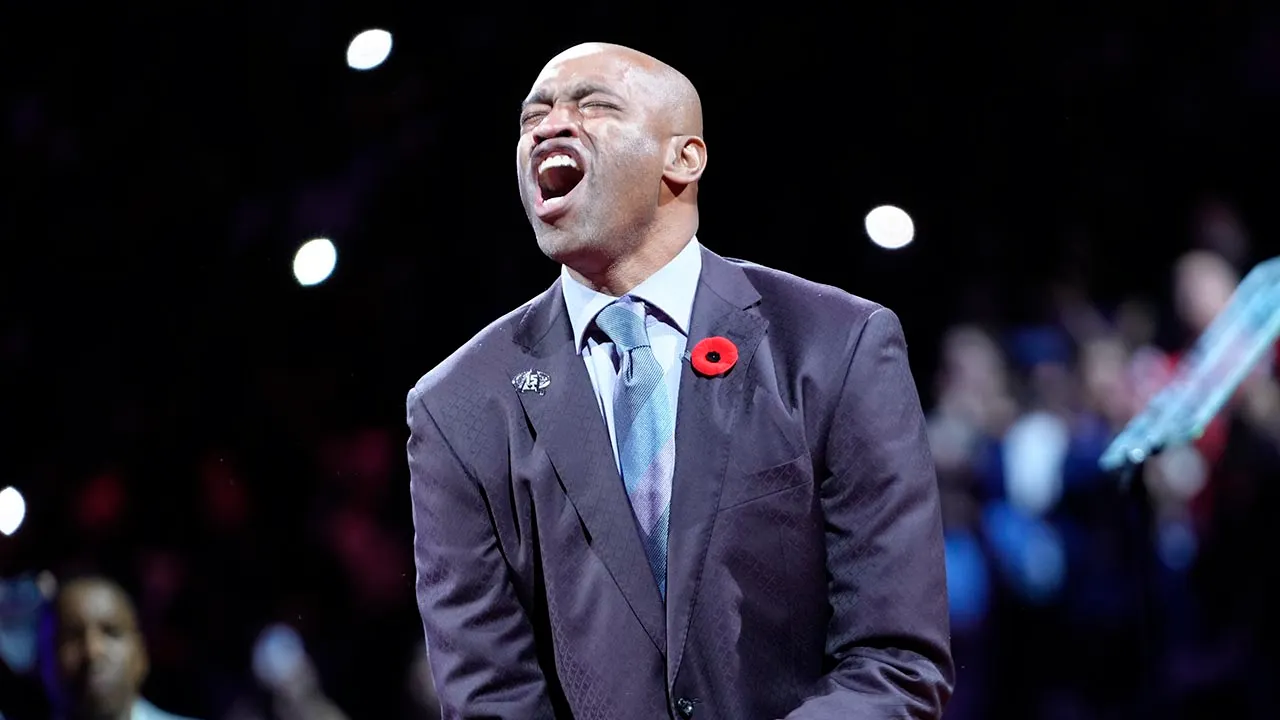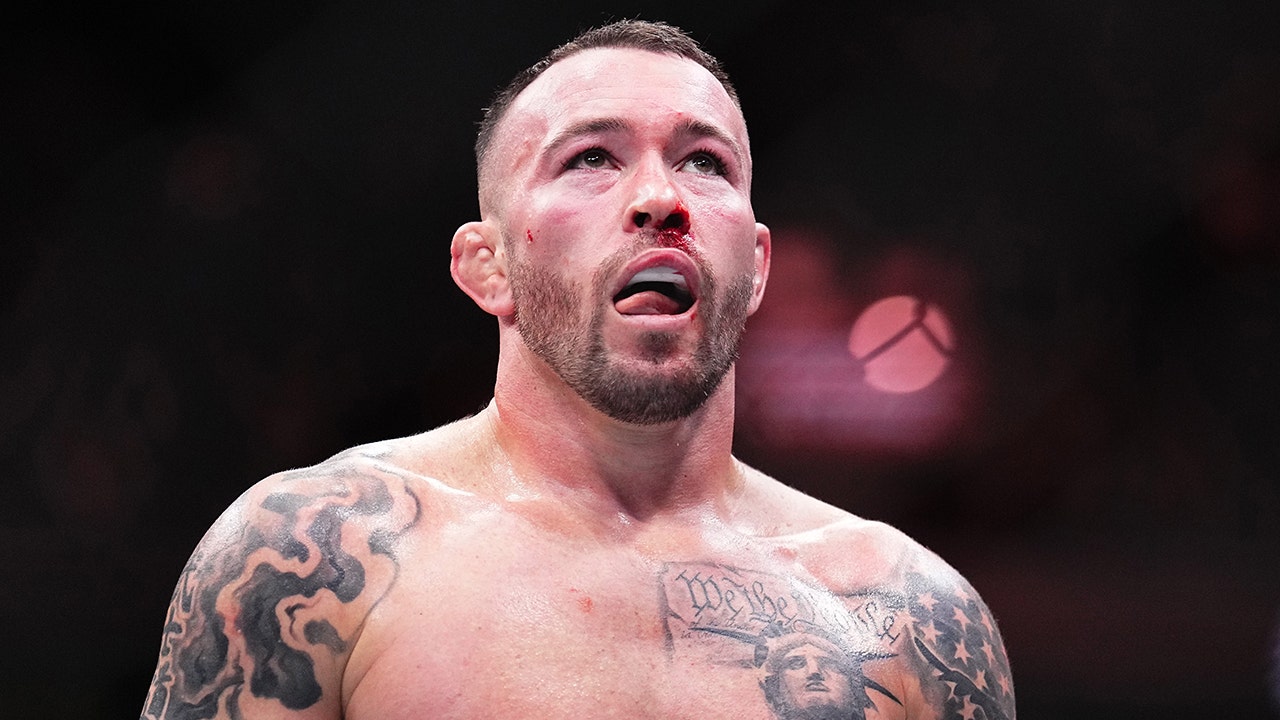Anxiety symptoms vary widely from moodiness to lashing out.
Carol Yepes | Moment | Getty Images
Slamming doors, throwing tantrums, unexpected crying, and one-sided conversations at the dinner table. If these are common occurrences in your household, you are probably raising a teenager.
Teenagers are often perceived as entitled brats with little or no control over their emotions. And although many parents may see this as unnecessary angst or rebellion, these could be signs of the child struggling with anxiety.
“It’s so overwhelming and so powerful that you’re really just stuck in the storm. The anxiety has taken control over your mind and body,” said Natasha Riard, lecturer in clinical psychology and psychology clinic manager at James Cook University Singapore.
“The person who is experiencing anxiety wants it to stop, and the parent watching it wants to stop it. But once the panic attack starts, it’s like a train that has left the station, and it’s only going to stop when it reaches the next one. The journey between those stations is the experience of the attack,” Riard explained.
Parents might not always know how to help their children when they are feeling anxious or are on the brink of an anxiety attack, and methods that worked in the past may no longer be useful as teenagers face new challenges, psychologists said.
Here’s how parents can better perceive signs of anxiety among their kids — and tips for them to help their young ones.
The signs
Regardless of age, people who are feeling anxious will have a fight, flight, freeze or fawn reaction to stressful situations, according to psychologists.
They told CNBC that the most common reactions are flight and freeze, where one shows signs of panic and will start crying or shaking, or even freeze up and dissociate from the matter by becoming silent and shutting off.
“When you’re having a panic attack, you might really freak out about what is happening to you. You might have a shift in the way that you perceive reality and it can be a very scary experience,” warned Eli Lebowitz, Co-Director of the Yale Child Study Center Anxiety and Mood Disorders Program.
Like adults, adolescents also have a fight response when they feel anxious, which can often be misunderstood as throwing tantrums or acting out.
“Parents need to think about the meaning behind their children slamming doors and shouting. Could they be anxious about something?” Riard said, emphasizing that this is just another expression of anxiety.
Psychologists said they also noticed children having a fawn reaction where they suffer from “high-functioning” anxiety and manage to carry on with their daily routine despite being in poor mental health.
“Young people often avoid how they’re feeling and do their best to appear that everything is okay by appearing busy in a chaotic situation. What you see on their face or behavior may not be what’s going on underneath,” Lisa Coloca, psychologist and director at Melbourne-based Bloom Psychology Group and Bloom Community highlighted.
Yale’s Lebowitz said that some of the signs parents should watch out for are shortness of breath, body stiffness and a change in skin tone. Although an anxiety attack may seem scary and uncontrollable, it’s not dangerous and parents should not “freak out,” he added.
Top tips to help an anxious teen
1. Validate their feelings
Parents are often guilty of downplaying their children’s challenges and the emotions they are feeling — even brushing it off at times, experts suggested.
“Stop using your adult brain on an adolescent problem. Telling them that ‘it’ll be fine’ will not help as it doesn’t feel fine in the moment for them,” said Michelle Savage, another psychologist and director at Bloom Psychology Group and Bloom Community.
When children approach parents with their worries, reassurance is not always the solution.
“From a parent’s perspective, we want to protect our children from the pain. But the alternative solution is to take it as a prompt to allow your child to express her emotions and fears, and listen,” said James Cook’s Riard.
Parents should also be mindful that children do not always want advice, but often they just want to feel seen and heard.
“Validating that your child is anxious is not going to make them more anxious. It will make them feel understood and more likely to talk to you about it in the future as well,” said Yale’s Lebowitz, who is also the author of “Breaking Free of Child Anxiety and OCD.”
“Parents should strive to communicate to their child messages that combine acceptance and validation of the child’s genuine fear or distress, along with confidence in the child’s ability to cope with that distress,” he added, elaborating that this will help build confidence and gradually reduce a child’s dependence on parents.
2. Share personal experiences
When a child or teenager is feeling anxious, it often helps to know that they are not alone.
Sharing personal stories of being in a similar situation will help them realize that it is possible to overcome the adversities they face.
“Parents need to normalize this and talk about their own internal dialogue around anxiety as well, while being mindful to have open communication in a non-threatening way,” Savage suggested.
For example, sharing that you were anxious about your slides for a big presentation at work, but assuring yourself that you gave it your best shot, will help the child feel seen and heard.
“It’s very hard to teach your child to regulate and cope with all of their emotions. If you can’t do it on yourself. Be willing to talk through your emotions, and not just the the positive ones,” Lebowitz said. “And start early, don’t wait for your child to be 15 to start doing it.”
Psychologists that spoke to CNBC also stressed that parents should not share “big and inappropriate” problems with their children, such as financial struggles or marital challenges.
3. Timing is everything
When a child is feeling anxious or is in the middle of an anxiety attack, the last thing they need to hear is advice on how to fix it.
“Don’t expect your child to be able to talk about it while they’re in the grip of really intense anxiety. You have to give them some time to calm down,” Yale’s Lebowitz suggested.
Conversations about how to better manage their emotions must not happen during moments of anxiety, but beforehand. Giving your child space, but also letting them know that you’re close by if they need to reach out, will also help, psychologists recommended.
“We often place a lot of pressure on children to self-regulate and use psychological strategies to help themselves. But in those moments, children and youth really needs adults to co-regulate with them,” Riard said, explaining that parents can help their kids have awareness of their thoughts and emotions and how they impact behaviors.
Want to make extra money outside of your day job? Sign up for CNBC’s new online course How to Earn Passive Income Online to learn about common passive income streams, tips to get started and real-life success stories. Register today and save 50% with discount code EARLYBIRD.














































